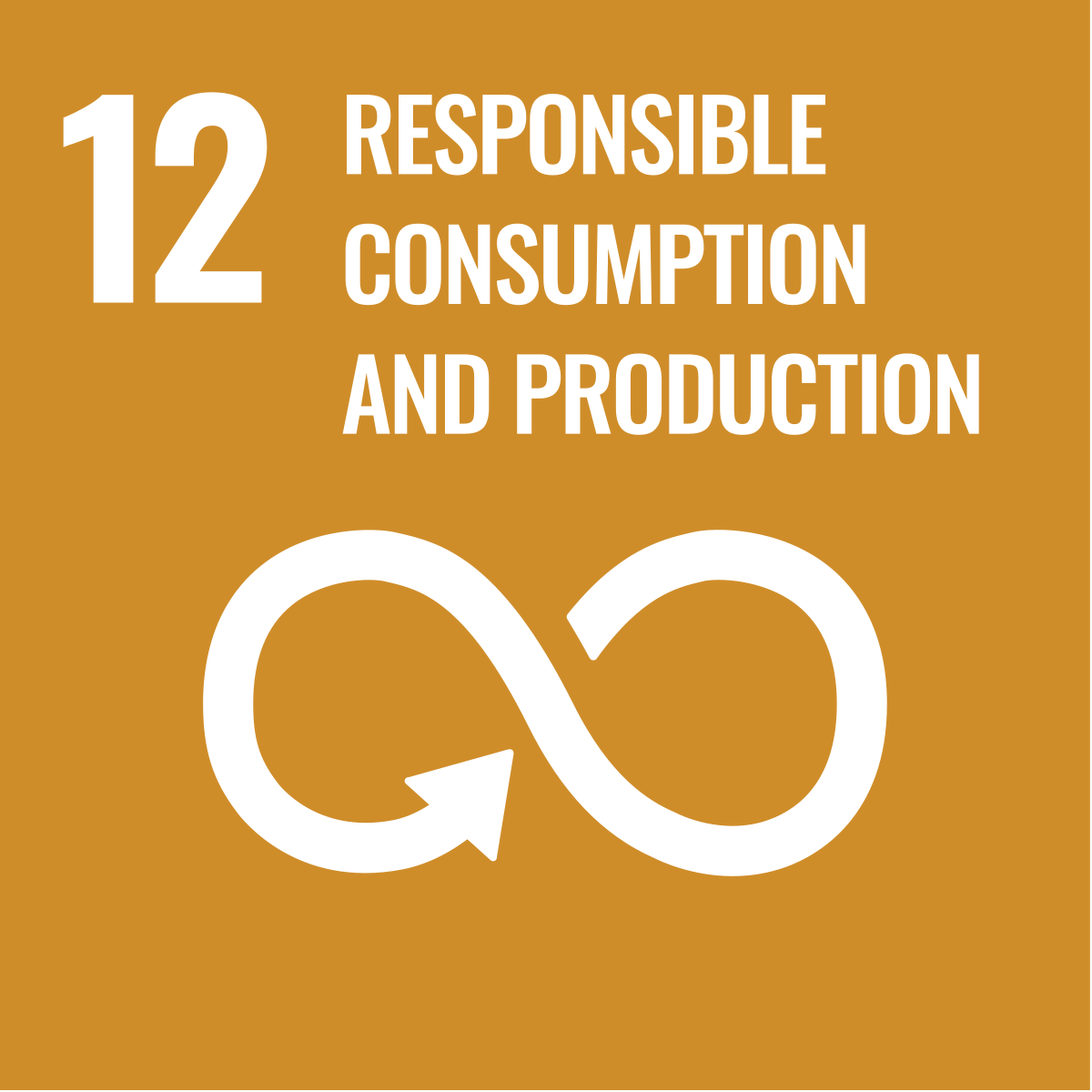About Conference
The Sultanate of Oman has an exceptional position in the world of tourism. It combines a unique blend of natural beauty and rich cultural heritage. Tourism is one of the most vital and promising sectors in the Omani economy, contributing significantly to sustainable development and enhancing cultural and social exchange. The importance of tourism in the Sultanate of Oman is evident in the need to adopt advanced visions and practices that contribute to strengthening this sector and achieving national and global aspirations. The balance between national and global aspects of tourism development is vital. It contributes to strengthening national identity and achieving sustainable development at the global level.
With the increasing challenges facing the tourism industry in the world, the Sultanate’s role comes in promoting the sustainable development and sustainability of this sector so that it remains a beacon that leads efforts towards achieving a bright future vision for the tourism and hospitality sectors in Oman.
The first international conference for academics and professionals in tourism and hospitality aims to explore and exchange ideas and visions about the future of tourism in the Sultanate of Oman, at both the national and global levels. The conference will be held from October 21 to 23, 2024, at the Sultan Qaboos Youth Complex for Culture and Entertainment in Salalah and brings together experts, researchers, and practitioners in the field of tourism and hospitality from around the world.
The conference addresses multiple topics related to the development of tourism and hospitality in Oman, with a focus on modern strategies and trends to achieve sustainability and excellence in this sector. The conference will be an opportunity to exchange knowledge and experiences among participants and discuss the challenges and opportunities facing the tourism industry in light of global developments and economic and social changes.
Through the participation of local and international professional and academic institutions, the conference seeks to provide innovative solutions and develop effective strategies to confront the challenges facing the tourism and hospitality sectors in Oman within the framework of Oman Vision 2040 and the National Tourism Plan.
Conference Idea
The idea of holding the conference comes in response to the university’s vision and mission towards leadership and excellence in technical and applied education. This vision extends beyond the realm of higher education to encompass other fields of global significance. The objective is to boost the university’s academic and research capabilities and aid in the realization of Oman Vision 2040, which encompasses the National Tourism Strategy. The conference highlights recent trends and issues in the field of tourism, especially after the COVID-19 pandemic. The conference aims to explore fresh perspectives in the tourism and hospitality industry within a competitive setting, considering the swift effects on this sector and connecting them to worldwide trends and policies in this domain, thereby guaranteeing the tourism sector’s sustainability and realizing the Oman 2040 Vision. The conference reflects the university’s commitment to research, education, and local and global engagement in order to provide innovative insights, enhance academic and institutional sustainability, and also constitute an important starting point for bringing together local and global academia and industrial practices and providing specialized programs and activities that contribute to enhancing the academic and institutional excellence of the university. The conference will be organized with the participation of local and international institutions, colleges, universities, and institutes. The conference aims to foster and create inventive approaches to tackle the social, environmental, and economic issues confronting the tourism and hospitality industries in the Sultanate of Oman.
Conference Objectives
- Contributing to achieving the ambitious goals of Oman Vision 2040 through developing the tourism sector.
- Creating opportunities for communication and knowledge exchange between researchers, practitioners, and entrepreneurs in tourism and hospitality to enhance cooperation and exchange of experiences and research.
- Participation in various local and international organizations and bodies, as well as various academic institutions.
- Participation of various local and international organizations, bodies, and academic institutions.
- Sharing experiences, projects, and research studies at the national and global levels.
- Discussing the main challenges that affect the tourism sector’s development and how to deal with them.
- Encouraging investment in the Omani tourism sector, by offering discussions on investment opportunities and providing an appropriate environment for investment.
- Encouraging the launch of new initiatives and innovative projects in the Omani tourism sector, aiming to support sustainable development and enhance tourism experiences in the Sultanate.
Main Topics of the Conference
The conference focuses on five main topics as follows:
- Higher education institutions’ role in promoting the development of the hospitality tourism sector.
- Contributing to achieving Oman’s Vision 2040 by supporting the National Tourism Strategy.
- Linking tourism in the Sultanate of Oman to global trends, issues, and policies.
- Providing innovative visions and solutions to enhance the sustainability of the tourism sector.
- Providing innovative solutions to challenges in the tourism and hospitality sectors.
The link between the Conference and the UN Sustainable Development Goals
The Goals linked to the Conference work:




By integrating the Sustainable Development Goals into tourism and hospitality practices, stakeholders can contribute to sustainable development, while promoting economic prosperity, cultural exchange and environmental conservation.
The Target Groups in the Conference
Local Institutions and Entities:
- Government institutions, agencies and bodies related to the tourism and hospitality sector.
- Academic institutions and training institutes interested in the tourism and hospitality sector.
- Leading companies and institutions in the tourism and hospitality sector.
- Local associations, clubs and national committees.
International Institutions:
- International institutions, bodies and organizations in the tourism and hospitality sector.
- International companies in the tourism and hospitality sector.
- Academic institutions in the field of tourism and hospitality.
